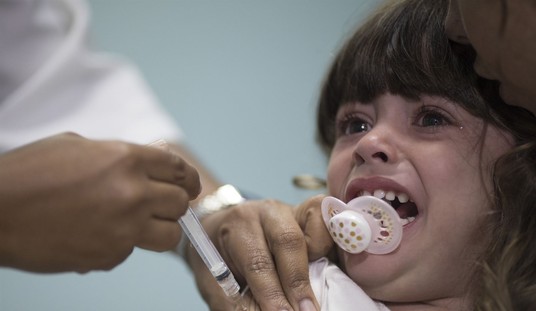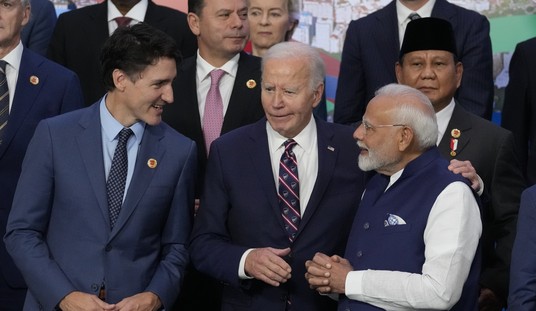The debate over whether ObamaCare will kill health insurance plans in higher education has not yet been resolved — mainly because the Obama administration wants to stop talking about it. However, with students now back in school, colleges and universities continue to offer and sometimes require these plans for students, even though no one seems sure whether HHS will grant the waivers from the mandates that would otherwise force schools to withdraw the plans altogether (via Instapundit):
The two key areas of concern were whether student plans would be considered to meet the “minimum essential coverage” standard under the individual mandate, and whether the plans would be classified as individual or group plans in the insurance market. If the plans didn’t satisfy the minimum coverage standard, plans would need to improve their offerings (and become more expensive) to qualify, or students who opted for them would have to pay a tax required of anyone who declines the individual mandate. Plans classified as “individual” are more expensive than group plans because the risk is not pooled. The letter was co-signed by ACHA, along with a dozen other higher education groups including the American Association of Community Colleges, the National Association of College and University Business Officers and the Association of American Universities.
ACE has yet to receive an official response from either the White House or the Department of Health and Human Services, other than a letter expressing their willingness to continue discussions on the association’s concerns. “It’s still not clear they know much about this very small subset of the health insurance arena,” Bloom said. “It seems like they want to talk to us, ask some questions about student health plans, but they want to gather background information before they reach out to us again.”
In early September, a Department of Health and Human Services spokeswoman told Inside Higher Ed that some details on the administration’s stance on student plans were forthcoming. Last week, she said she had no new information to share.
Bryan A. Liang, executive director of the Institute of Health Law Studies at California Western School of Law and a professor of anesthesiology at the University of California at San Diego School of Medicine, said he sees the administration’s inaction as a sign that officials may be considering tougher standards for student plans. “Democrats don’t want to be seen doing something that would seem to deny students insurance or make it more expensive,” he said. “So instead they’ve done nothing on this.”
Liang said he thinks administration officials may have come to realize that student plans are “low-quality cash cows that take advantage of students” by offering few benefits or being required on top of parental plans or Medicaid, and are now hesitant to act, especially in advance of midterm elections that are, in part, a referendum on the health reform law. “The profit margins are huge, so it’s no wonder that some colleges are pushing hard to keep them.”
Huge profit margins? Well, maybe, although Inside Higher Ed doesn’t present any data on the claim, which seems questionable at best, as it does when the Left routinely alleges profiteering in an industry with an average margin between 2%-6%. The plans usually sell for several hundred dollars a semester, which amounts to less than $2000 per year for comprehensive coverage. Compare that with an average individual plan in Minnesota that cost over three thousand dollars a year in 2007. The somewhat lower cost comes from having a healthier and lower-risk pool, since college-age students access the health-care system at a lower rate than older Americans, for obvious reasons.
Besides, if exploitation is the concern, then Liang might better spend his time ending ObamaCare altogether, or at least helping the schools get an exemption. ObamaCare will force younger consumers to buy the same kind of comprehensive insurance that older consumers buy, paying higher premiums while still not accessing the system as often. The plan uses the mandates to force low-risk, low-use consumers into the risk pool in order to lower premiums for those who do access health-care providers more often and more expensively. In other words, ObamaCare forces young adults to subsidize the health care of older adults through mandates, a form of indentured servitude.
Universities shouldn’t force students to buy their policies at all, so I have little sympathy for their inability to get the administration to answer their questions about maintaining their own insurance mandates on students. However, it is revealing that the White House is keeping silent on this Academia mandate and whether they can get a waiver that ordinary Americans won’t get in 2014 when ObamaCare fully implements.








Join the conversation as a VIP Member